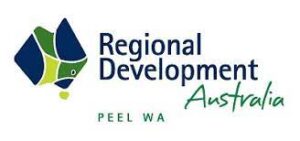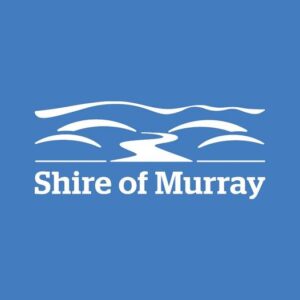Junior Trail Blazers is our initiative for Participants aged 10 – 13…
Junior Trail Blazers will encompass 5 different activities over 5 hours, interactive learning and just plain fun with Science, Technology, Engineering and Maths! The day will start at 830am, with each activity repeating, so you can do more than one of the activities at different times if you would like! (There will be an hour break at 12pm).
Junior Trail Blazers – April 2024
A
Junior Trail Blazers – October 2023
A
A
A
Thank you to our Generous Sponsors!






